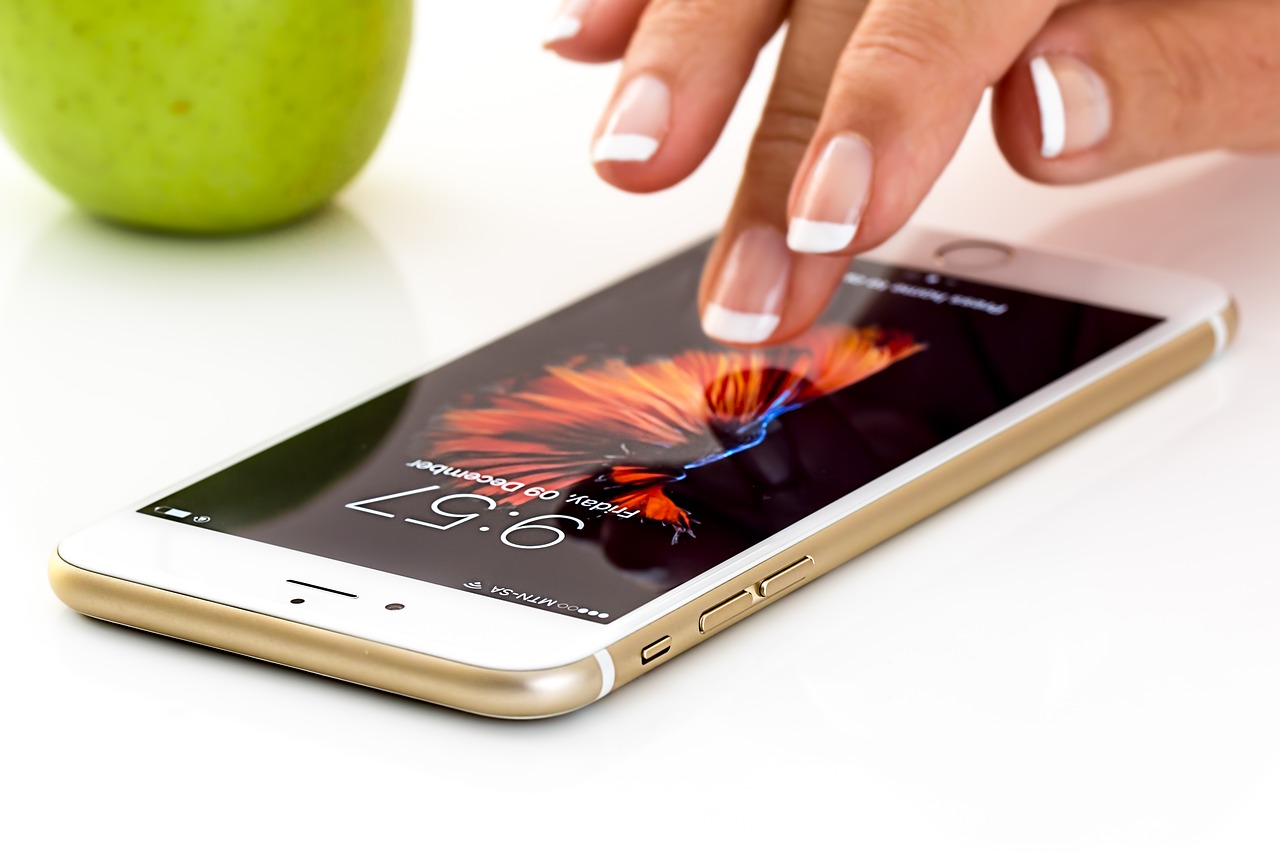Apple is set to pay $500 million to end a class-action lawsuit filed over complaints about iPhone batteries.
Apple recently agreed to fork over $500 million to end a class-action lawsuit over its phone batteries. As part of the settlement, many Apple phone owners may qualify for a small piece of the $500 million. According to a report from Reuters, Apple planes to “pay qualified iPhone owners $25 per phone, although this amount could be adjusted depending on how many claims are filed.” Models covered by the recent settlement include “6, 6 Plus, 6s, 6s Plus, 7, 7 Plus, and SE devices that installed the software updates before December 21, 2017.”

Why was the suit filed in the first place? Well, according to the suit, iPhone 6s owners in 2016 began complaining that their phones were suddenly shutting down despite being charged. In response, Apple admitted that a “very small number of the iPhone 6s had an issue with their batteries and offered free battery replacements to those models.” However, as time went on, owners of other models began voicing similar complaints, that their “devices were having similar shutdown issues and that the problem was more widespread than Apple would admit.” To appease the iPhone owners, Apple “responded with a software update that reduced the number of shutdowns significantly.”
Problems persisted, though, and in December 2017, Apple admitted the update “had fixed the problem by throttling the phone’s performance.” The company added that is was “merely trying to compensate for the degradation that naturally comes with aging batteries.” However, many iPhone owners believed the move was an attempt to try and force them to “purchase new phones by making their old ones that much harder to use.” The class-action suit argued that “Apple’s lack of transparency — that is, its only acknowledging problems after a preponderance of evidence made them impossible to deny and not telling users that the software updates would slow their phones down — didn’t help its case.”
Eventually, Apple responded to the growing discontent by offering to “replace batteries in certain phones for $29 — cheaper than the usual $79 price tag, but not free.” Additionally, “it released another software update that allowed users to turn off the throttling feature.” Despite these efforts, the company was still hit with multiple class-action lawsuits that were eventually consolidated down to the current one that Apple just agreed to settle.
Now one would think that with all the outcry and complaints Apple received over the matter that it would stop throttling older iPhones. It hasn’t. Back in November 2018, the company said that the “practice would continue for the iPhone 8, 8 Plus, and X models.” It justified the decision in a letter to Congress claiming that “doing so would provide users with a more advanced performance management system that more precisely allows iOS to anticipate and avoid an unexpected shutdown.”


Join the conversation!